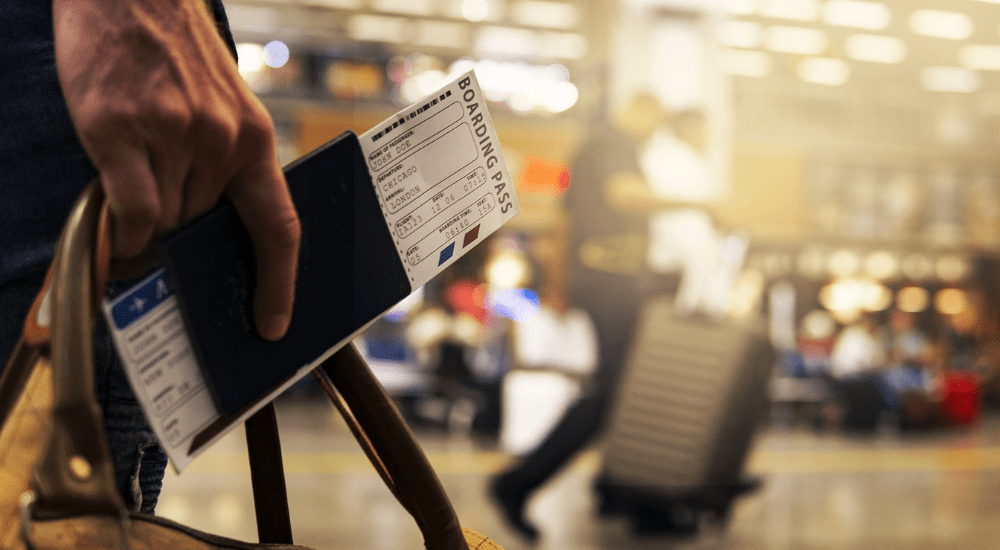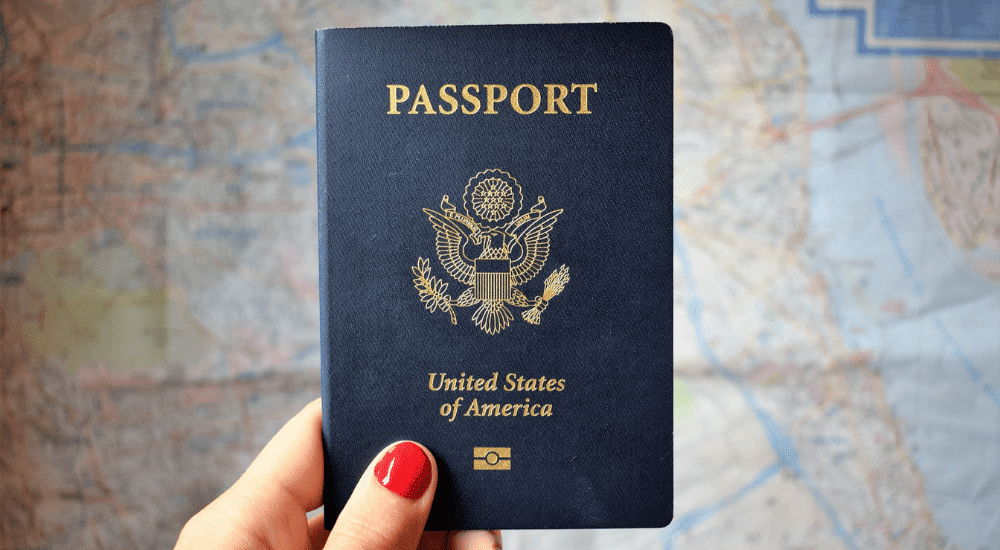The Montreal Convention and International Passenger Rights

International airline passengers are protected under the Montreal Convention, and unfortunately, many people are unaware this treaty exists. The Montreal Convention can protect passengers when serious situations arise that are the fault of the airline, such as if a passenger is injured or dies.
The Montreal Convention, or MC 1999, is an international treaty that establishes airline liability in the case of passenger death or injury. This helps ensure passengers are compensated after an airline tragedy occurs.
Scenarios where a passenger can receive compensation under the Montreal Convention include:
- turbulence;
- contaminants in food given during meal service;
- malfunctioning seats;
- damaged belongings; and
- injury or death due to a crash.
An important aspect of the Montreal Convention is the “international” component of the passenger’s itinerary. If any part of the flight includes a stop, transfer, or layover outside of the initial country, the Montreal Convention can be enacted. The Montreal Convention still applies even if the accident occurs during the domestic portion of your international trip. For example, if you fly from London Heathrow to the Dallas Love Field airport for a layover and then fly to the Austin-Bergstrom airport, the Montreal Convention would still apply if you were injured during your flight from Dallas to Austin.
Additionally, the convention can be applied to an airline while the airplane is on the ground, on a jet bridge, or if the passenger is on an airport bus that is transporting them from the terminal to the aircraft.
Dealing with an issue that occurred during an international trip can feel extremely overwhelming. It’s difficult to know who is liable, and going up against a big airline might feel impossible. If you or a loved one have suffered an injury while on an international trip, contact an experienced attorney. An attorney can review the intricacies of the Montreal Convention with you and determine the best way to move forward.

Airline Liability for Personal Injury
If you have been injured on a plane, you want to know what your rights are and how to move forward. Typically, when someone is injured on a plane, the airline is liable. Additionally, when an airline employee is negligent in some way which results in passenger injury, then the airline may be liable. For example, the airline might be liable if a flight attendant rams a food cart into a passenger’s arm, resulting in injury. The airline could also be liable if a flight attendant doesn’t ensure that an overhead bin is properly closed, which results in anything falling on a passenger.
The airline is also responsible for an accident that happens on the flight or while the passenger is in the process of embarking or disembarking. Even shuttle bus rides from the gate to the plane can be compensable. An “accident” under the Montreal Convention is defined as “an unusual or unexpected event external to the passenger”. Medical issues that occur on the flight like a heart attack are not typically considered an accident because the injury was not caused by some factor external to the passenger. Parsing out what constitutes an accident under the Montreal Convention is very fact-specific. It is best to contact an attorney with specialized expertise in this field before engaging with the airline’s customer service personnel.
There are instances in which other parties could be liable, too. For example, an airplane manufacturer could be liable if an overhead bin flies open due to a faulty latch. Furthermore, if air traffic controllers make a mistake that leads to two airplanes clipping each other on the runway, the FAA may be liable. Also, a contractor servicing the airplane can be held liable if it is proven that they were reckless during service.
Due to the complexity of who can be held liable, it’s often best to reach out to an attorney. An attorney can listen to your situation and present you with the best options.

How To Move Forward With Airline Injury Claims
Fortunately, with the Montreal Convention, a passenger does not have to prove that the airline was negligent—it is assumed. The legal burden is on the airline to prove the accident didn’t occur due to their negligence or to prove that the accident occurred due to the negligence of a third party.
If you have been injured on an airplane, the first thing to do is to contact the airline. Airlines are required to keep a record of customer complaints and respond to them within 60 days. You can also contact the Federal Aviation Administration (FAA) directly. If the airline does not offer just compensation, your next best step is to reach out to an attorney.

Montreal Convention Compensation: What to Expect
If you have been involved in an accident with an airline, you may be unsure what compensation to expect. Also, because the Montreal Convention is an international treaty, the way an airline compensates passengers can be a bit confusing.
The Montreal Convention works under a two-tier liability system that refers to compensation in terms of special drawing rights, or SDRs. SDRs are a national reserve asset that can be exchanged for usable currency. The first tier states that the carrier is liable for up to 100,000 SDRs, which is roughly estimated to be $132,000, unless they can prove passenger negligence.
The second tier states that the injured passenger or their heir can receive compensation past 100,000 SDRs. However, once again, the airline may not be held liable if they prove they were not negligent or if they prove the accident stemmed from an unaffiliated third party, such as another passenger. The Montreal Convention also protects lost or damaged belongings up to 1,000 SDRs.
If you are unsure whether an airline is fairly compensating you, contact an attorney. They can walk through the ins and outs of the treaty and ensure that you are getting the compensation you deserve.
Slack Davis Sanger Can Help
While the Montreal Convention provides passengers with some protection, there are many restrictions within each provision. The extensive details and slight limitations of the Convention can be too much to read through and analyze, especially after an injury or life-altering event that occurred due to the negligence of an airline. If you have been injured or have lost a loved one during an international trip, contact Slack Davis Sanger at 1-800-455-8686. Our aviation attorneys have dissected the Montreal Convention and can help you receive just compensation. While we cannot take back what has happened, we hope to make your future a bit easier.

The firm handles cases involving catastrophic personal injuries and deaths. Our work spans three decades of handling airplane and helicopter crashes, truck and car accidents, oilfield and construction accidents, and other devastating accidents. We try lawsuits throughout the country in both federal and state courts and have recovered hundreds of millions of dollars for our clients. To date, we have handled or tried cases in 47 states, read more about our attorneys and firm.
